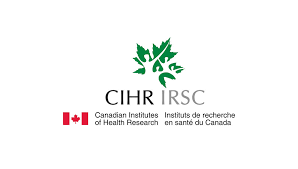Surveillance of Food Systems
Why focus on this topic?
Surveillance is necessary for informing policy- and decision-making to support the transition toward health, sustainable and equitable food systems. A food and nutrition surveillance system to inform a food system transition will need to be highly cooperative and collaborative across multiple sectors and disciplines to ensure ongoing data collection of relevant indicators that meet the collective priorities of stakeholders, while also considering competing power dynamics and identifying trade-offs. However, current surveillance activities are siloed and there is a need for coordinated surveillance systems to support policy coherence.
How is this research done?
The overarching aim of the research program is to strengthen the food and nutrition surveillance system in Canada to better support monitoring of food system impacts on health, climate, and equity. Using a Systems Change Framework, we conceptualize the food and nutrition surveillance system as a system of dynamic actors (i.e., people, organizations) conducting activities that behave and evolve in response to each other to achieve a common goal of improving monitoring of health, climate, equity impacts.
A systems-informed evaluation will be conducted to develop shared understanding of the actors, sectors, activities, and dynamics of food and nutrition surveillance systems in Canada. A network analysis, institutional analysis, and participatory design thinking methods will be used to map the institutional actors in the food and nutrition surveillance system, assess facilitators and barriers that may facilitate or inhibit change in the system, and co-develop governance and data solutions with key actors. This project is conducted in collaboration with the Public Health Agency of Canada, Health Canada, and Agriculture and Agri-Food Canada.
What do we expect to find and why does it matter?
The empirical evidence from these analyses will be used to co-develop a coordinated surveillance strategy that will improve how and what kinds of data are used to inform food and nutrition policy in Canada. Findings from this study will inform development of novel policy and governance solutions for federal government, as well as provincial and territorial partners.
Sources
- In development
